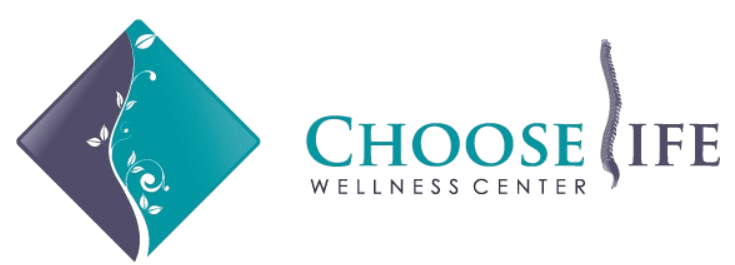Struggling with the following Conditions? We Can Help.

Our goal is to help every patient achieve lasting wellness, where the body has healed and only requires routine maintenance to stay in balance. Even after recovery, periodic chiropractic adjustments are recommended to keep your spine aligned, support proper function, and help prevent future issues. This ongoing care allows you to continue feeling your best and maintain a healthier, more active lifestyle.

Auto Injuries
Auto injuries can place significant strain on the body, even in low-speed collisions. Whiplash, neck stiffness, back discomfort, and joint pain are common issues that may appear immediately or develop gradually after an accident. These symptoms can limit mobility, interfere with daily activities, and contribute to long-term stress on the spine and surrounding structures if left unaddressed.
With a natural, non-invasive approach that emphasizes alignment, posture, and overall function, chiropractic care can help support recovery after an accident. Personalized care strategies are designed to ease tension, restore balance, and encourage mobility, allowing patients to return to their routines with greater comfort and confidence.
Arthritis
Arthritis and other joint-related conditions can impact mobility, flexibility, and overall quality of life. Common symptoms such as stiffness, swelling, and reduced range of motion often make daily tasks more difficult and may contribute to long-term discomfort. While these challenges are common, they don’t have to define your lifestyle.
Through natural, non-invasive approaches that focus on posture, alignment, and functional movement, patients can find support in reducing joint stress, improving mobility, and enhancing overall wellness. With personalized care strategies, the goal is to help you stay active, maintain independence, and enjoy greater ease in your daily routine.


Arthritis
Arthritis and other joint-related conditions can impact mobility, flexibility, and overall quality of life. Common symptoms such as stiffness, swelling, and reduced range of motion often make daily tasks more difficult and may contribute to long-term discomfort. While these challenges are common, they don’t have to define your lifestyle.
Through natural, non-invasive approaches that focus on posture, alignment, and functional movement, patients can find support in reducing joint stress, improving mobility, and enhancing overall wellness. With personalized care strategies, the goal is to help you stay active, maintain independence, and enjoy greater ease in your daily routine.

Carpal Tunnel Syndrome
Carpal Tunnel Syndrome is a common condition that affects the wrist and hand, often caused by repetitive motion, extended computer use, or prolonged strain on the median nerve. Symptoms may include tingling, numbness, weakness, or discomfort in the hand and fingers, which can make everyday tasks like typing, gripping, or lifting more difficult. Over time, this strain can limit mobility and reduce overall function if not addressed properly.
Chiropractic care offers a natural and non-invasive way to support patients experiencing Carpal Tunnel Syndrome. By focusing on spinal alignment, posture, and relieving tension in the wrist, shoulders, and neck, care plans are designed to improve mobility and reduce stress on the affected areas. This functional approach helps patients move with greater ease and supports long-term wellness.
Degenerative Disc Disease
Degenerative Disc Disease is a common spinal condition that develops as the discs between the vertebrae gradually lose flexibility, hydration, and cushioning over time. This natural process can lead to stiffness, discomfort, or radiating pain into the arms or legs, often making daily activities more difficult. Factors such as aging, repetitive strain, poor posture, or previous injuries can speed up this degeneration and place added stress on surrounding spinal structures.
Chiropractic care provides a natural, non-invasive approach to supporting patients with Degenerative Disc Disease. By focusing on spinal alignment, mobility, and reducing pressure on affected areas, care plans are designed to improve function and encourage better movement. This functional approach may help ease discomfort, enhance flexibility, and support long-term spinal health without the reliance on medication or invasive procedures.
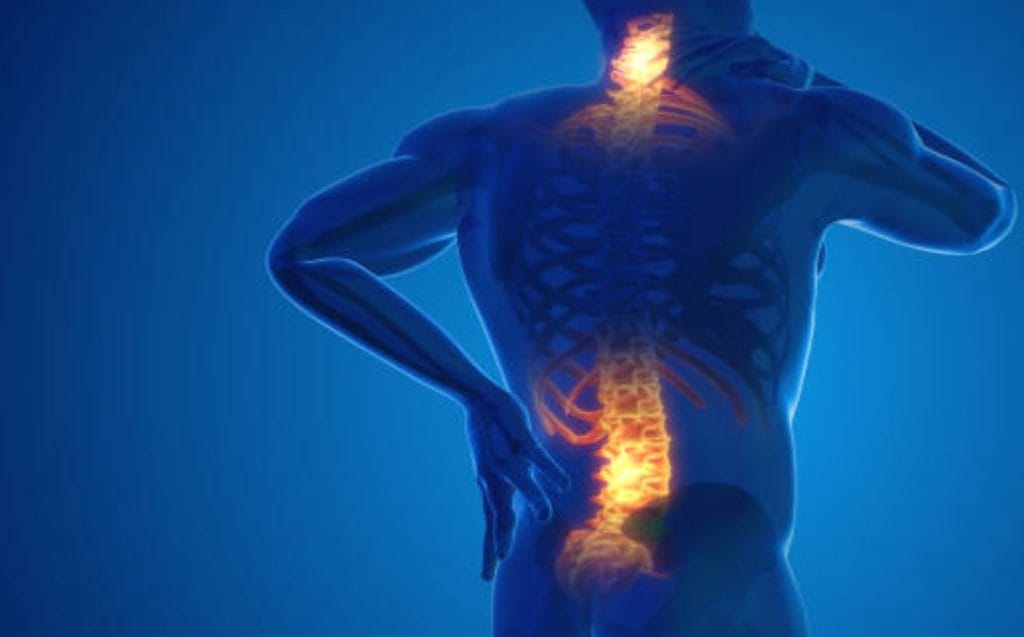

Degenerative Disc Disease
Degenerative Disc Disease is a common spinal condition that develops as the discs between the vertebrae gradually lose flexibility, hydration, and cushioning over time. This natural process can lead to stiffness, discomfort, or radiating pain into the arms or legs, often making daily activities more difficult. Factors such as aging, repetitive strain, poor posture, or previous injuries can speed up this degeneration and place added stress on surrounding spinal structures.
Chiropractic care provides a natural, non-invasive approach to supporting patients with Degenerative Disc Disease. By focusing on spinal alignment, mobility, and reducing pressure on affected areas, care plans are designed to improve function and encourage better movement. This functional approach may help ease discomfort, enhance flexibility, and support long-term spinal health without the reliance on medication or invasive procedures.
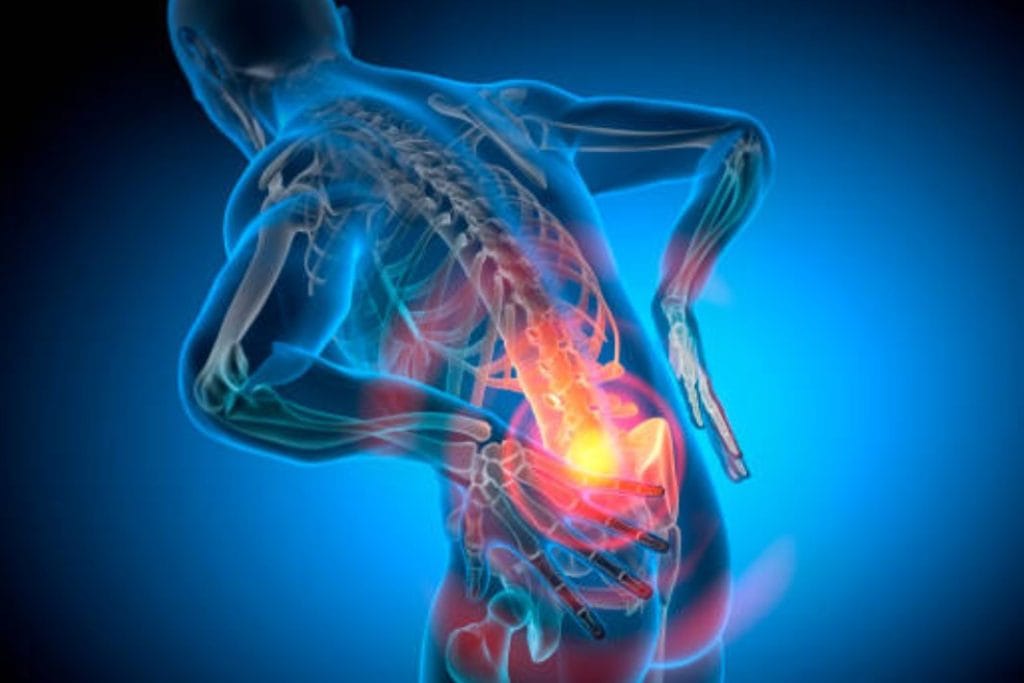
Herniated Disc
A herniated disc occurs when the soft inner material of a spinal disc pushes through its outer layer, often pressing on nearby nerves. This can cause sharp pain, numbness, tingling, or weakness that radiates through the back, legs, or arms, depending on the location of the disc. Daily activities like bending, lifting, or even sitting for long periods may become difficult, and symptoms can worsen without proper care.
Chiropractic treatment offers a gentle, non-surgical approach to relieving the pain and dysfunction caused by herniated discs. Through spinal adjustments, targeted therapies, and customized exercise programs, care is designed to reduce nerve pressure, restore mobility, and support natural healing. By improving spinal alignment and overall function, chiropractic care helps patients find lasting relief and return to a more active lifestyle.
Neuropathy
Neuropathy refers to damage or dysfunction of the nerves, which can cause a wide range of symptoms such as numbness, tingling, burning sensations, or sharp pain in the hands, feet, or other areas of the body. It often develops gradually and may be linked to conditions such as diabetes, poor circulation, injuries, or long-term stress on the nervous system. Over time, neuropathy can interfere with balance, coordination, and daily activities, making early attention and supportive care important.
Chiropractic care provides a natural, non-invasive approach to support patients dealing with neuropathy. By improving spinal alignment, circulation, and overall nerve function, customized care plans are designed to help reduce discomfort, enhance mobility, and restore better communication between the brain and body. This focus on function and wellness encourages the body’s ability to heal and may improve quality of life for those managing neuropathic symptoms.


Neuropathy
Neuropathy refers to damage or dysfunction of the nerves, which can cause a wide range of symptoms such as numbness, tingling, burning sensations, or sharp pain in the hands, feet, or other areas of the body. It often develops gradually and may be linked to conditions such as diabetes, poor circulation, injuries, or long-term stress on the nervous system. Over time, neuropathy can interfere with balance, coordination, and daily activities, making early attention and supportive care important.
Chiropractic care provides a natural, non-invasive approach to support patients dealing with neuropathy. By improving spinal alignment, circulation, and overall nerve function, customized care plans are designed to help reduce discomfort, enhance mobility, and restore better communication between the brain and body. This focus on function and wellness encourages the body’s ability to heal and may improve quality of life for those managing neuropathic symptoms.
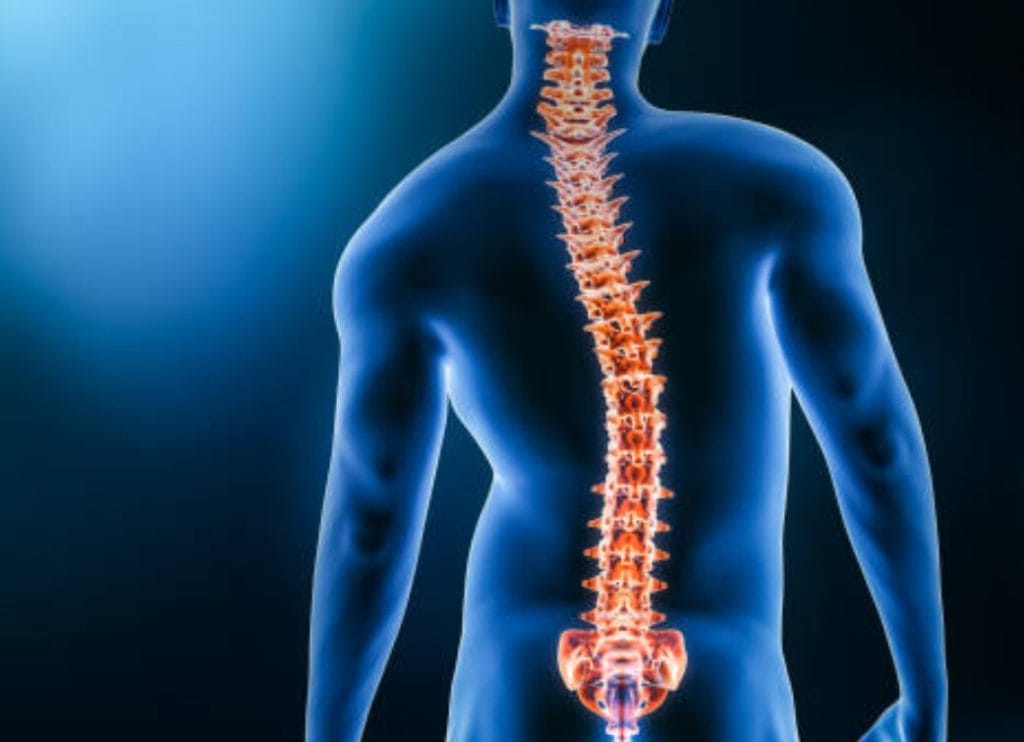
Scoliosis
Scoliosis is a condition characterized by an abnormal sideways curvature of the spine, which can develop during childhood, adolescence, or adulthood. While mild cases may cause little discomfort, more pronounced curves can lead to back pain, stiffness, uneven shoulders or hips, and in severe cases, affect posture and mobility. Early detection and care are key to managing symptoms and preventing progression.
Chiropractic care offers a non-invasive approach to supporting spinal health in individuals with scoliosis. Through gentle spinal adjustments, targeted exercises, and posture-focused therapies, treatment aims to improve spinal alignment, enhance flexibility, and reduce discomfort. By addressing the underlying musculoskeletal imbalances, chiropractic care can help patients maintain better function, improve posture, and support overall quality of life.
Pinched Nerve
A pinched nerve occurs when surrounding tissues such as bones, muscles, or discs place excessive pressure on a nerve. This compression can interfere with nerve function, leading to symptoms such as sharp or burning pain, tingling, numbness, or muscle weakness. Pinched nerves are common in the neck and lower back but can also occur in other parts of the body, often as a result of poor posture, repetitive stress, or spinal misalignments.
Chiropractic care provides a safe and non-invasive way to support patients dealing with pinched nerves. Gentle adjustments, spinal decompression, and complementary therapies are used to reduce nerve pressure, restore proper alignment, and improve mobility. This natural approach helps encourage healing, supports healthy function, and allows patients to return to their daily activities with greater ease and comfort.


Pinched Nerve
A pinched nerve occurs when surrounding tissues such as bones, muscles, or discs place excessive pressure on a nerve. This compression can interfere with nerve function, leading to symptoms such as sharp or burning pain, tingling, numbness, or muscle weakness. Pinched nerves are common in the neck and lower back but can also occur in other parts of the body, often as a result of poor posture, repetitive stress, or spinal misalignments.
Chiropractic care provides a safe and non-invasive way to support patients dealing with pinched nerves. Gentle adjustments, spinal decompression, and complementary therapies are used to reduce nerve pressure, restore proper alignment, and improve mobility. This natural approach helps encourage healing, supports healthy function, and allows patients to return to their daily activities with greater ease and comfort.
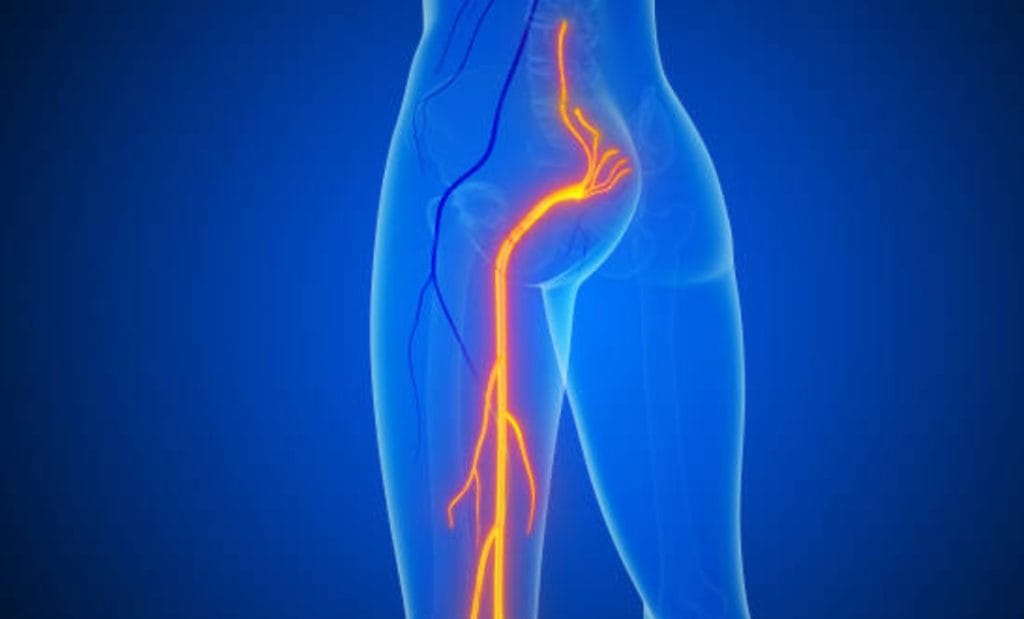
Sciatica
Sciatica occurs when the sciatic nerve, which runs from the lower back down each leg, becomes irritated or compressed. This can lead to sharp pain, tingling, numbness, or weakness in the lower back, buttocks, and legs, often affecting daily activities and overall mobility. Left untreated, it can worsen and significantly impact quality of life.
Chiropractic care offers a safe, non-invasive approach to relieve sciatica symptoms and address the underlying causes. Through a combination of spinal adjustments, targeted stretching, therapeutic exercises, and lifestyle guidance, treatment helps reduce nerve pressure, improve spinal alignment, and restore proper function. Patients often experience reduced pain, increased flexibility, and a faster return to normal activity.
Whiplash
The American Chiropractic Association identifies whiplash from car accidents as one of the leading causes of neck pain. Whiplash occurs when the head or neck is suddenly forced in one direction and then snaps back in the opposite direction. This rapid “whipping” motion can damage the muscles, ligaments, and other supporting tissues of the neck and head. In response, muscles often tighten and contract, leading to fatigue, stiffness, and pain. In more severe cases, whiplash may also affect the intervertebral joints, discs, and nerve roots, resulting in more extensive injury.
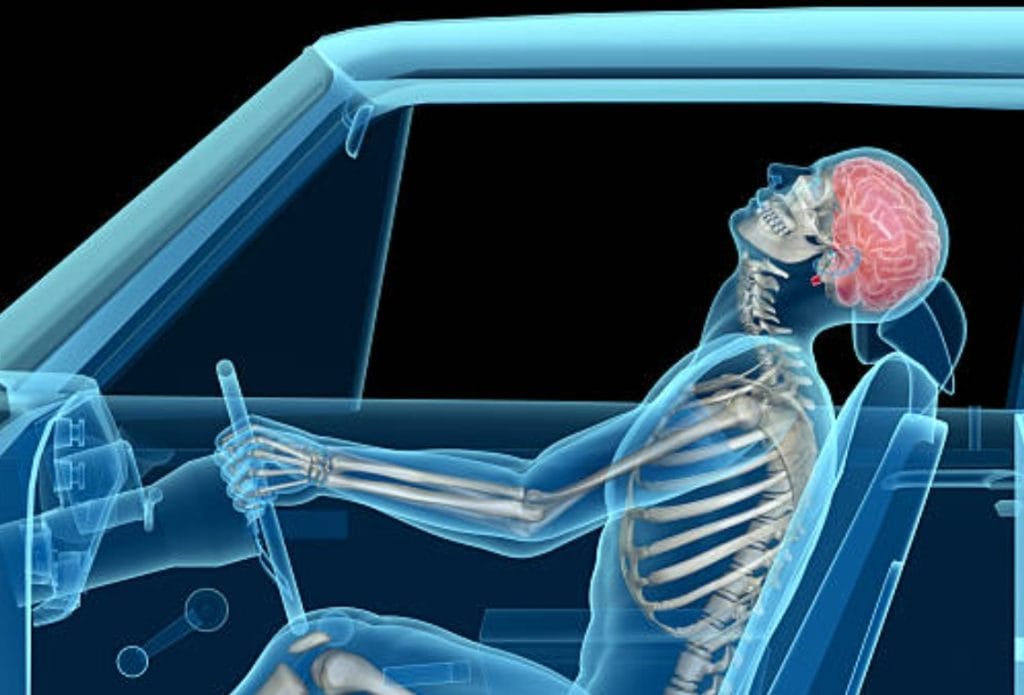

Whiplash
The American Chiropractic Association identifies whiplash from car accidents as one of the leading causes of neck pain. Whiplash occurs when the head or neck is suddenly forced in one direction and then snaps back in the opposite direction. This rapid “whipping” motion can damage the muscles, ligaments, and other supporting tissues of the neck and head. In response, muscles often tighten and contract, leading to fatigue, stiffness, and pain. In more severe cases, whiplash may also affect the intervertebral joints, discs, and nerve roots, resulting in more extensive injury.

Sports Injury
Sports injuries can occur from sudden trauma, overuse, or improper technique, affecting muscles, ligaments, joints, or bones. They often result in pain, swelling, stiffness, and limited mobility, which can disrupt daily activities and athletic performance. Common sports-related injuries include sprains, strains, tendonitis, and joint injuries, all of which can worsen if not properly addressed.
Chiropractic care offers a comprehensive, non-invasive approach to help athletes recover safely and prevent future injuries. Treatments may include spinal and joint adjustments, therapeutic exercises, soft tissue therapy, and personalized rehabilitation plans. By addressing the root causes of pain and promoting proper alignment and muscle balance, chiropractic care helps restore function, reduce discomfort, and support a faster return to peak performance.
Vertigo
Vertigo is a condition characterized by a sensation of spinning or dizziness, often accompanied by balance problems, nausea, or disorientation. It can be caused by inner ear issues, vestibular disorders, or problems with the cervical spine and nervous system. Even mild episodes of vertigo can interfere with daily activities, making simple tasks like standing, walking, or driving challenging.
Chiropractic care provides a natural, non-invasive approach to managing vertigo by addressing underlying causes and improving spinal and nervous system function. Treatments may include gentle spinal adjustments, balance and vestibular exercises, posture correction, and lifestyle guidance. By targeting the root of the problem, chiropractic care can help reduce symptoms, enhance stability, and restore a greater sense of control and well-being.


Work Injuries
Workplace injuries can result from sudden accidents, repetitive motions, or prolonged strain, affecting muscles, joints, ligaments, and nerves. Common work-related injuries include back and neck strains, tendonitis, and repetitive stress injuries, which can lead to pain, limited mobility, and decreased productivity if left untreated. Even minor injuries have the potential to worsen over time, impacting daily work and overall quality of life.
Chiropractic care offers a safe, non-invasive approach to treating work injuries and supporting recovery. Through targeted spinal adjustments, soft tissue therapy, therapeutic exercises, and individualized rehabilitation plans, treatment focuses on reducing pain, restoring function, and preventing future injury. By addressing the root causes and promoting proper body mechanics, chiropractic care helps patients return to work safely and maintain long-term health and mobility.
.
Get In Touch With Us Today
If you would like to visit our office in Clermont, Florida and become a new patient please schedule by calling our office at 352-242-2560, or fill out the form below and a member of our staff will reach out to you shortly.
We’d love to discuss the first step in your journey to optimal health!
Appointments
We will do our best to accommodate your busy schedule. Request an appointment today!
Get In Touch
- (352) 242-2560
-
2560 State Rte 50 unit 106
Clermont, FL 34711
